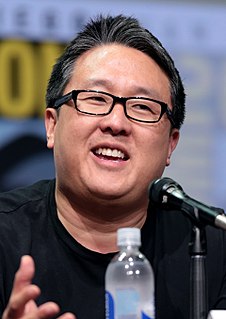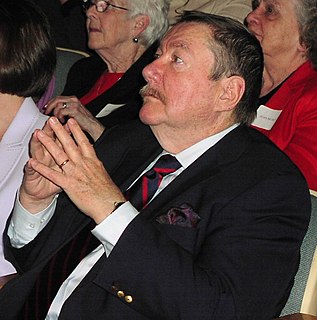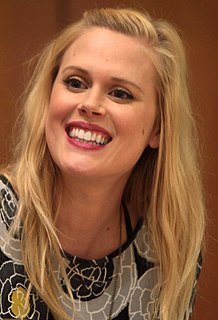A Quote by Shane Black
I would say 'The Chill' by Ross Macdonald is sort of a prototypical example of how the private detective genre elevates itself to the level of literature.
Related Quotes
I think the detective story is by far the best upholder of the democratic doctrine in literature. I mean, there couldn't have been detective stories until there were democracies, because the very foundation of the detective story is the thesis that if you're guilty you'll get it in the neck and if you're innocent you can't possibly be harmed. No matter who you are.
I don't have a problem with many uses of the word genre, just certain ones. I have the most trouble when these labels are used to prevent discussion, to prevent a work from being taken seriously as literature. When we say "genre," we generally mean "something crappy," something that would be sold in an airport.



































